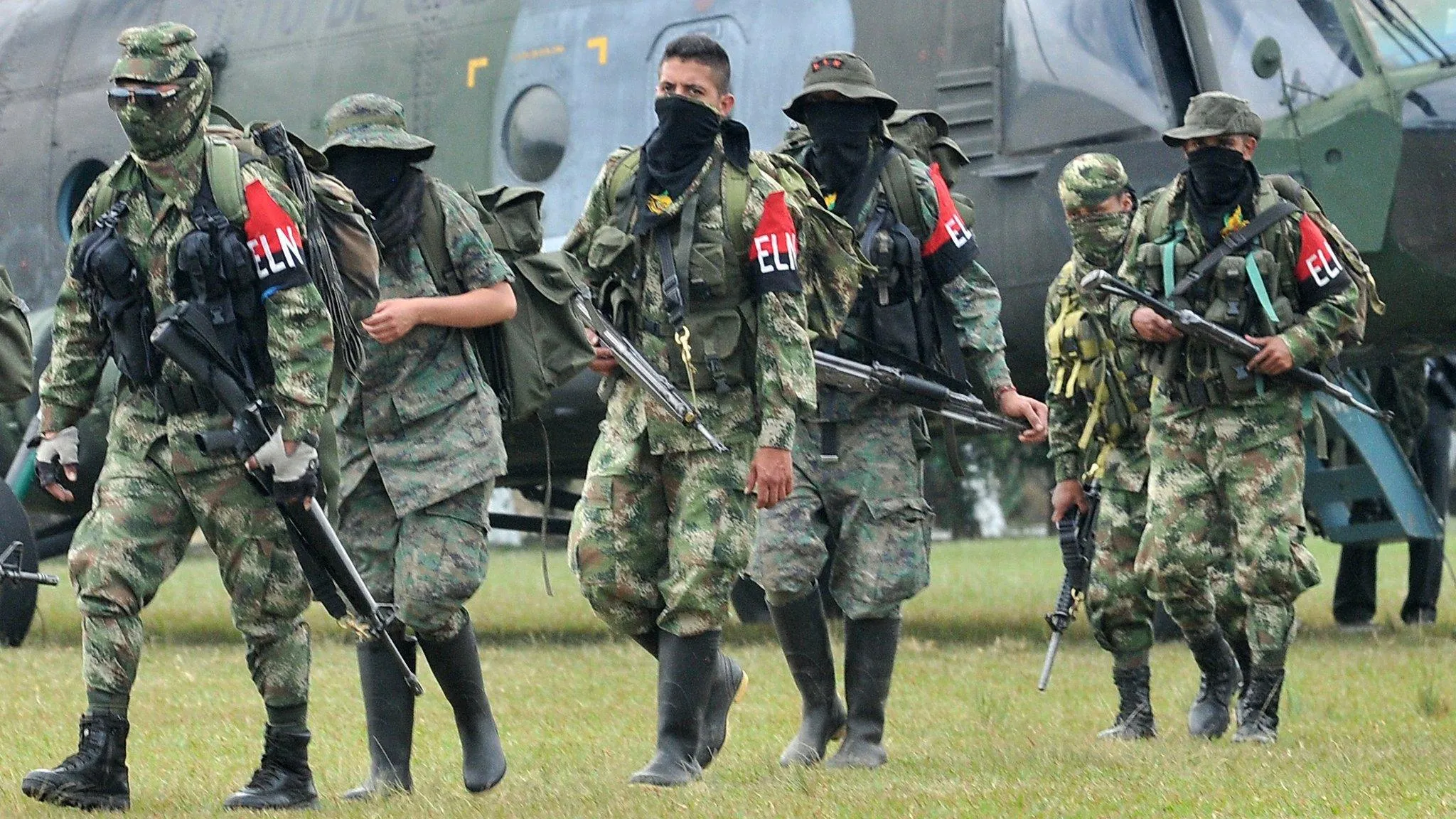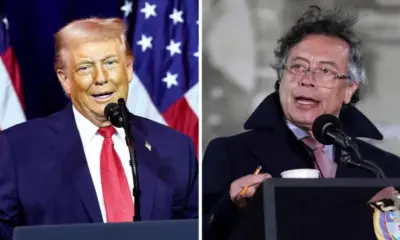News
Colombian Air Strike on Rebel Camp Kills 19 as Petro Authorises Renewed Military Offensive

At least 19 people have been killed in an air strike carried out by Colombia’s military against a suspected rebel camp in the southern province of Guaviare, the government confirmed on Tuesday. The bombing targeted a dissident faction of the Revolutionary Armed Forces of Colombia (Farc), which authorities say is deeply involved in drug trafficking, illegal mining, and extortion.
The operation marks a significant shift in policy for President Gustavo Petro, who had previously been reluctant to use heavy military force against armed groups. Petro, Colombia’s first left-wing president, initially sought to achieve what he called “total peace” through dialogue with the country’s numerous rebel and criminal factions. However, after peace talks collapsed earlier this year, he gave the military approval to resume offensive operations.
Defence Minister Pedro Sánchez said the president personally authorised the strike after learning that the group posed an imminent threat to civilians and security forces in the region. “This operation was carried out in the face of a clear and immediate danger,” Sánchez told reporters. “The group targeted was planning attacks against local communities and state forces.”
The targeted camp is believed to have belonged to fighters loyal to a commander known by the alias Iván Mordisco, a notorious dissident leader who once belonged to the Farc but rejected the 2016 peace agreement that ended decades of civil war. Mordisco went on to form his own network of armed cells across southern Colombia, continuing drug production and trafficking operations that fund the group’s activities.
“Mordisco remains one of the most dangerous figures in Colombia’s criminal landscape,” Sánchez said. “He is a drug trafficker and extortionist who hides behind revolutionary rhetoric.”
During the operation, three individuals were captured and three children were rescued from the camp. Authorities say the children had been forcibly recruited, a practice that rights groups warn is on the rise in Colombia’s rural conflict zones. Reports have documented cases of children as young as nine being kidnapped or lured into armed groups with false promises of money or education.
The air strike comes amid growing international scrutiny of President Petro’s security policies. The United States has accused him of failing to curb drug production, with Treasury Secretary Scott Bessent recently claiming that Petro has “allowed cartels to flourish.” Washington imposed financial sanctions on the Colombian leader last month, further straining relations between the two allies.
In response, Petro has accused the U.S. of hypocrisy, denouncing recent American-led strikes on boats in the Caribbean and the Pacific that allegedly carried narcotics. He said those attacks, which reportedly killed 76 people, amounted to “murder” and violated human rights. Following the latest U.S. operations, Petro ordered his government to suspend intelligence sharing with U.S. security agencies.
“The fight against drugs must always respect human rights,” the president wrote in a post on X. “The people of the Caribbean should not be sacrificed for a war that has only brought pain.”
As Colombia’s military resumes large-scale strikes against insurgent and criminal groups, analysts warn that the return to hardline tactics could reignite violence in areas that had enjoyed a fragile peace. For the families caught between the government and the rebels, the promise of “total peace” remains as distant as ever.












